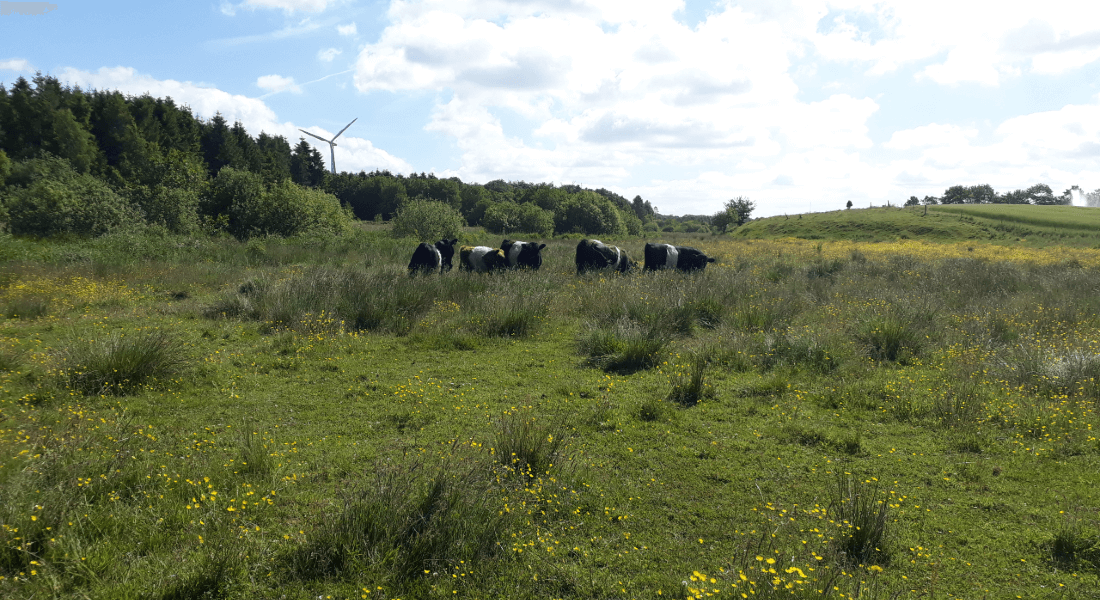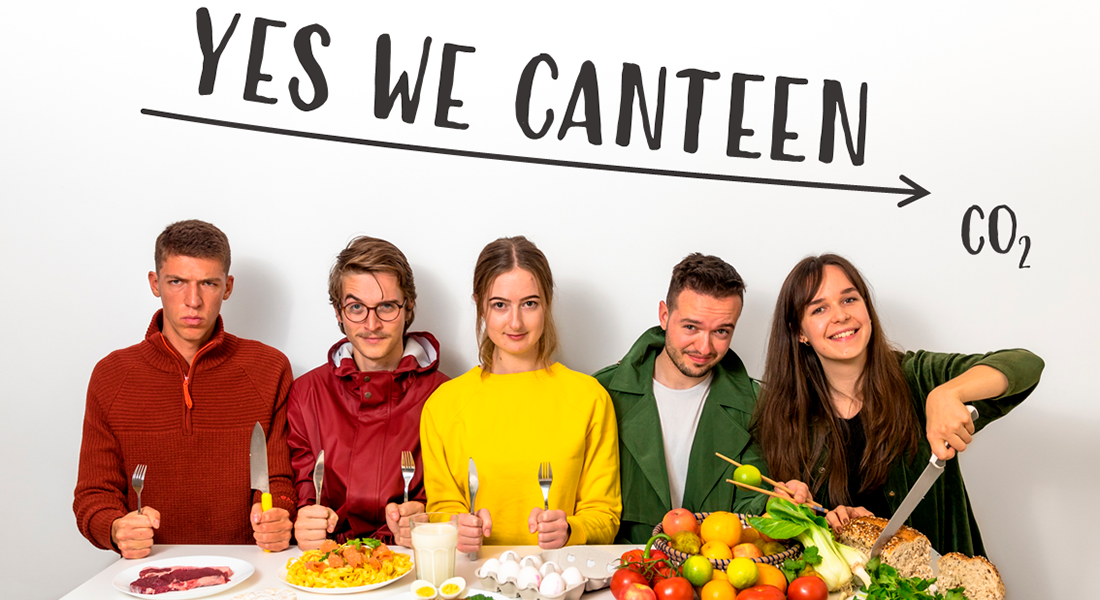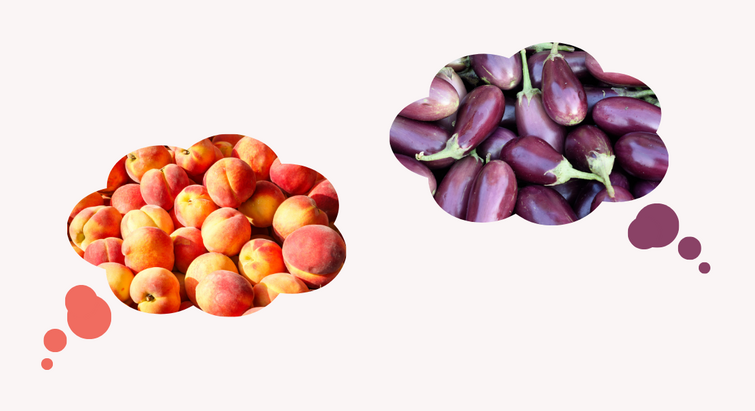
We want people to choose green
A call for applications sparked off a conversation around the dining table in a dorm, which quickly turned into a brainstorm on how to make a difference in reducing greenhouse gas emissions.

This winter, five UCPH students participate in the Global University Climate Forum. All five belong to a generation that will be heavily affected by climate change. Through the project ‘Yes we canteen’, which focuses on reducing emissions of greenhouse gases in canteens, the students want to work on climate solutions - not only to make the University of Copenhagen one of the most sustainable universities in the world, but also to make a real change in the way people behave.
Everyone can contribute to solving climate changes, and we need to act now if we want a better future for ourselves and future generations.
One of the most serious crises of our time
The Climate Forum act as a supportive framework for the students in turning their ideas into an actionable project.
“We belong to a generation that will be heavily affected by climate change. The climate crisis does not wait for us to get COVID-19 under control. That is why we find it important to work on climate solutions despite these challenging times, and, as students, we can make a significant personal contribution to a greener university,” says Reyk from the ‘Yes we canteen’ team.
Together, they share the awareness of the climate emergency and the need for action. This forms the core motivation for their project.
“Everyone can contribute to solving climate changes, and we need to act now if we want a better future for ourselves and future generations. The Global University Climate Forum supports ideas that mitigate climate change by arranging workshops, providing training and lending legitimacy to the proposed projects,” Michelle says.
Beyond green canteens
The five students are looking into what factors influence consumer food choices. The group asked themselves in what areas students can make the biggest impact in terms of reducing their individual carbon footprint on campus. They found out that food was one of the most important factors which naturally led them to canteens.
They posed the questions: will more awareness of the consequences of people's food choices be enough to change their habits? Or to what extent will economic incentives also affect demand?
“Creating a sustainable and functional system for climate-friendly pricing can benefit the climate, canteens and customers. Our goal for the future is to create a functional system that can be adapted to different environments and communities, which makes flexibility an important factor to us. A natural starting point in our own community is here at the University of Copenhagen,” Pihla says.
Co-op with UCPH
The ‘Yes we canteen’ team plans to work closely with the university canteens to implement a pilot study that does not disrupt current service operations or revenue.
“One of our goals is to help the University of Copenhagen become one of the world’s most sustainable universities. We plan to work closely together with UCPH to ensure that our project is successful and aligned with the University’s overall sustainability strategy,” Reyk says.
The team is in dialogue with Green Campus and the Faculty of Science, who help facilitate the collaboration with the canteens. Naturally, the COVID-19 pandemic poses many challenges to canteen operations and to the project.
As Erik says:
“Corona has forced us to coin the term ‘new normal’ to describe a radical shift in our way of life initiated by a great global crisis. Let us not miss the opportunity to define a ‘new normal’ of our relationship with our habitat.”


